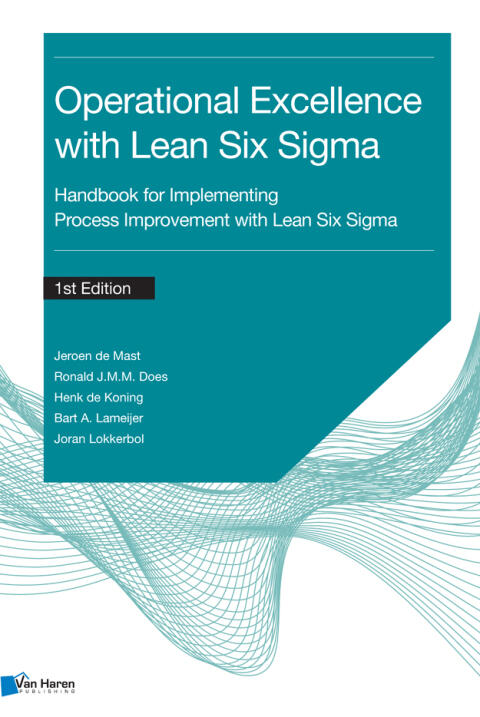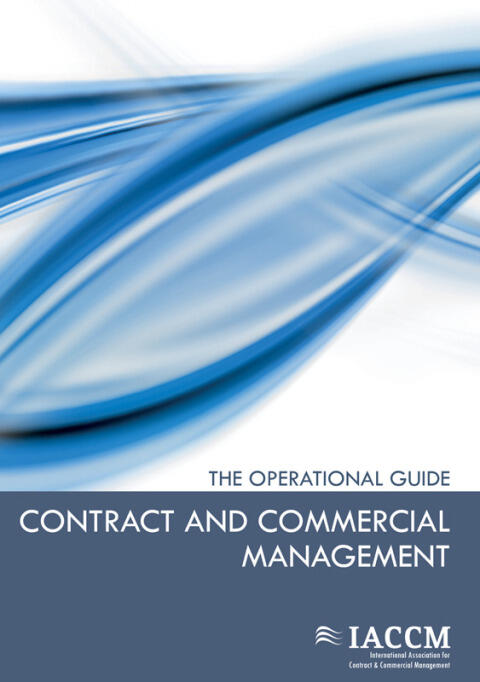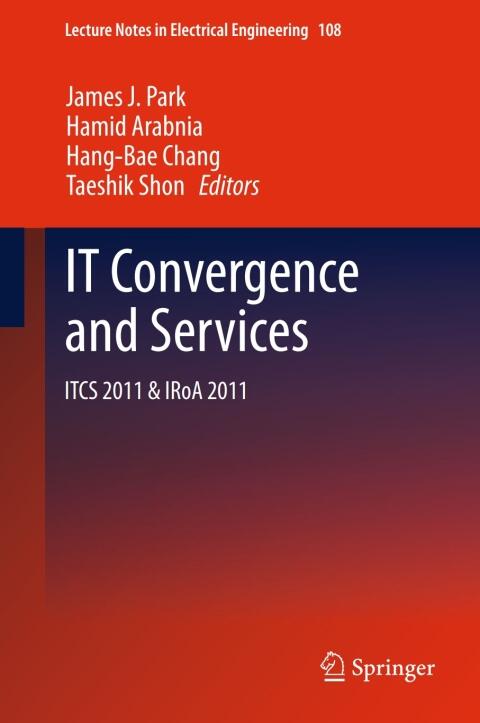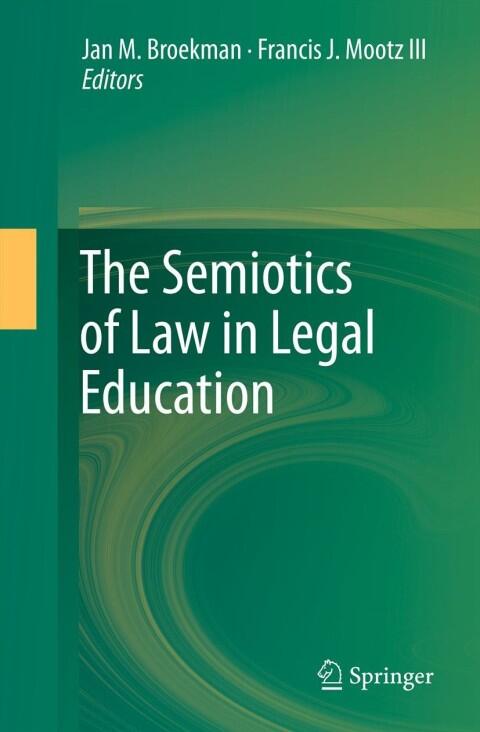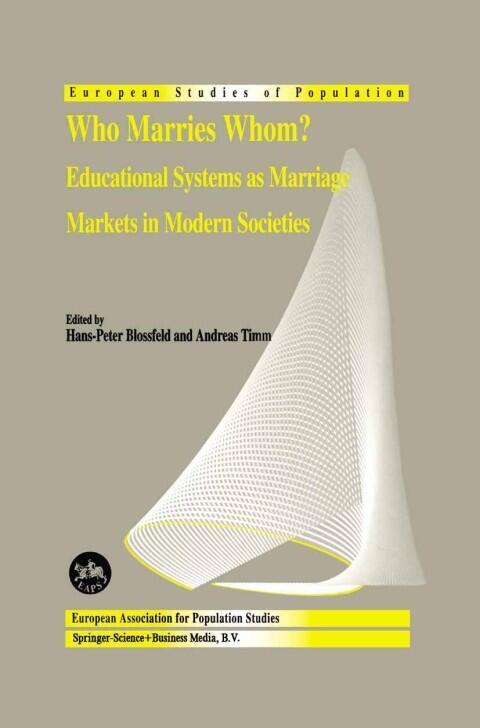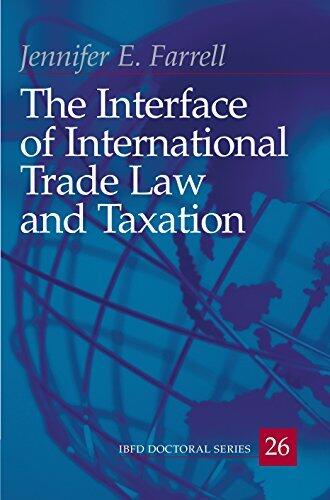
The Interface of International Trade Law and Taxation
di
Jennifer E. Farrell
Ancora nessuna valutazione
History
Business & Economics
Formato
Copertina rigida
Pagine
314
Lingua
Inglese
Pubblicato
Jan 1, 2021
Editore
IBFD
Edizione
1st
ISBN-10
9087221827
ISBN-13
9789087221829
Descrizione
In an increasingly interconnected global economy, the intricate interplay between international trade law and taxation has never been more critical. Jennifer E. Farrell delves into this complex relationship, examining how trade regulations interact with tax policies across nations. The book sheds light on the often-overlooked implications of these interactions, providing a comprehensive analysis that challenges conventional understandings.
Farrell's exploration extends beyond mere academic observation; she unveils the nuanced ways in which emerging trade agreements and international tax initiatives shape economic landscapes. Throughout the narrative, she highlights case studies and real-world examples, emphasizing the tangible effects of policy decisions on businesses and economies.
The writing is accessible yet insightful, inviting readers from various backgrounds—whether they are legal professionals, policymakers, or students—to engage with the subject matter. As the world continues to grapple with pressing trade issues, this examination serves as an invaluable resource for understanding the synergy and tension between law and taxation.
Ultimately, through thorough research and compelling arguments, Farrell underscores the necessity of addressing this multifaceted interface. Her work not only enhances the discourse surrounding trade law but also equips readers with the knowledge to navigate the intricate labyrinth of global commerce.
Farrell's exploration extends beyond mere academic observation; she unveils the nuanced ways in which emerging trade agreements and international tax initiatives shape economic landscapes. Throughout the narrative, she highlights case studies and real-world examples, emphasizing the tangible effects of policy decisions on businesses and economies.
The writing is accessible yet insightful, inviting readers from various backgrounds—whether they are legal professionals, policymakers, or students—to engage with the subject matter. As the world continues to grapple with pressing trade issues, this examination serves as an invaluable resource for understanding the synergy and tension between law and taxation.
Ultimately, through thorough research and compelling arguments, Farrell underscores the necessity of addressing this multifaceted interface. Her work not only enhances the discourse surrounding trade law but also equips readers with the knowledge to navigate the intricate labyrinth of global commerce.
Recensioni
Nessuna recensione ancora
Sii il primo a recensire questo libro e condividi i tuoi pensieri
Aggiungi Prima RecensioneRegistro di Lettura
Nessun registro di lettura trovato
Inizia a tracciare i tuoi progressi di lettura per vedere i registri qui
Aggiungi il tuo primo registro di letturaNote
Registro delle transazioni
Nessun registro delle transazioni trovato
Inizia a tracciare le tue transazioni di libri per vedere i registri qui
Aggiungi il tuo primo registro di transazione
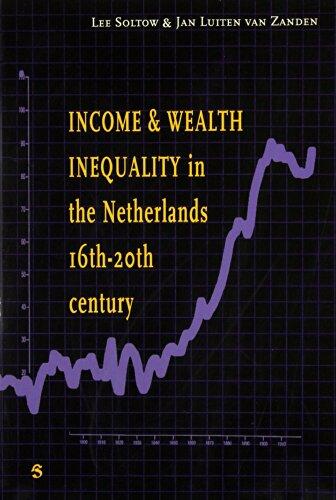
![[Ethical Principles and Economic Transformation - A Buddhist Approach (Issues in Business Ethics)] [Author: x] [May, 2011]](https://images.bookpine.com/bd815e9c-ead9-4e64-bfb5-aea659b2460b.jpg)
